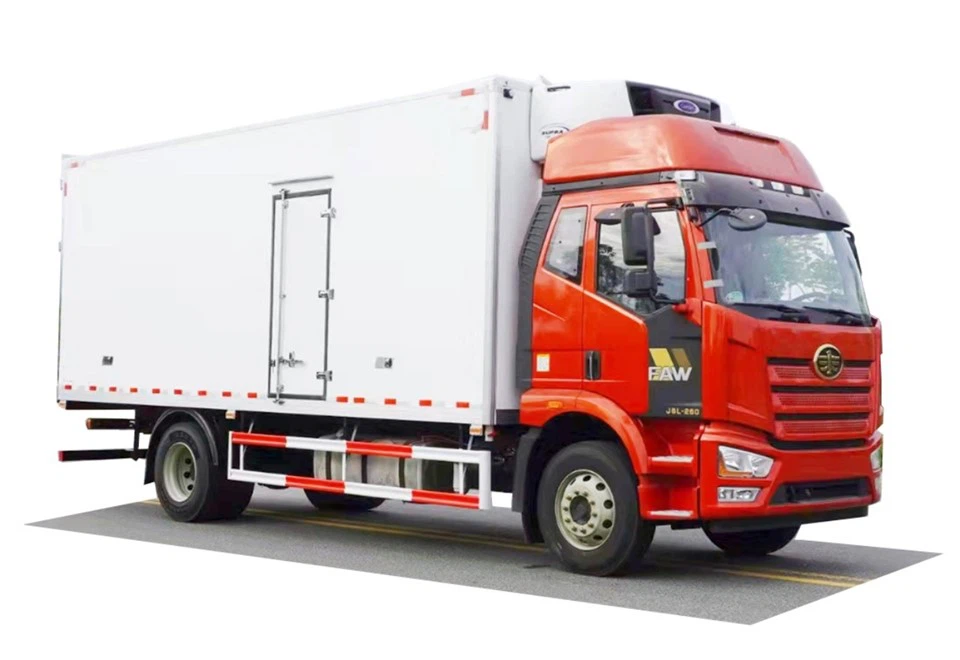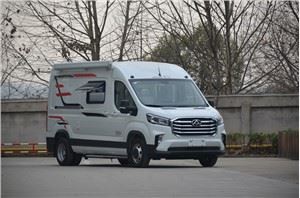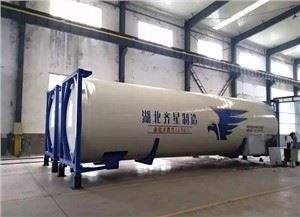What is a Wrecker Truck? A Comprehensive Guide

A wrecker truck, also known as a towing truck or tow truck, is a specialized vehicle designed to recover, tow, and transport disabled, damaged, or illegally parked vehicles. This article delves deep into the world of wrecker trucks, exploring their types, components, uses, and the industries they serve. Whether you’re a vehicle owner, a towing professional, or just curious, this guide will provide valuable insights into wrecker trucks.
Understanding Wrecker Trucks
Wrecker trucks are essential in the automotive recovery and towing industry. They are equipped with powerful machinery that allows them to lift and transport vehicles safely. The market has seen various advancements in design and technology, making them more efficient and safer for both operators and the vehicles being towed.
Types of Wrecker Trucks
Wrecker trucks come in various types, each serving different purposes and designed for specific towing needs. Here are the primary types of wrecker trucks:
1. Flatbed Wreckers
Flatbed wreckers feature a flat, horizontal bed that can be raised or lowered. This design allows the entire vehicle to be loaded onto the truck without needing wheels to make contact with the ground.
Advantages:
- Safe for towed vehicles, minimizing damage.
- Ideal for transporting exotic or low-clearance vehicles.
Example Uses:
Commonly used by roadside assistance services and during vehicle relocations.
2. Hook and Chain Wreckers
This traditional design uses chains and hooks to tow vehicles. While they are effective, they may cause minor damage to the towed vehicle.
Advantages:
- Cost-effective for towing standard vehicles.
- Time-efficient for quick tows.
Example Uses:
Frequently employed for towing vehicles involved in minor accidents or breakdowns.
3. Wheel-Lift Wreckers
Wheel-lift wreckers employ a hydraulic lift that raises the vehicle by its wheels. This method is less damaging than hook and chain towing and is commonly used in urban areas.
Advantages:
- Less risk of vehicle damage.
- Faster than traditional towing methods.
Example Uses:
Ideal for towing vehicles parked illegally or in tight spaces.
4. Integrated Wreckers
Integrated wreckers combine the features of a flatbed and wrecker. They integrate the towing equipment into the truck’s chassis, which enhances stability and towing capacity.
Advantages:
- Higher towing capacity for larger vehicles.
- Improved efficiency in towing.
Example Uses:
Used for recovering heavy-duty vehicles and larger machinery.
How Wrecker Trucks Operate
The operation of a wrecker truck requires specialized knowledge and skills. Here’s a breakdown of how these trucks function:
1. Preparing the Wrecker

Before the wrecker can tow a vehicle, the operator must assess the situation. This involves evaluating the condition of the disabled vehicle and selecting the appropriate towing equipment.
2. Securing the Vehicle
The next step involves ensuring the vehicle is safely secured. This includes:
- Using chains or straps to attach the vehicle to the wrecker.
- Lifting the vehicle using the hydraulic systems, if applicable.
3. Transporting the Vehicle
Once secured, the wrecker can transport the vehicle to the desired location, which could be a repair shop or an impound lot.
4. Unloading the Vehicle
Upon reaching the destination, the operator carefully unloads the vehicle, ensuring minimal damage occurs during the process.
Components of a Wrecker Truck
Understanding the components of a wrecker truck can help you appreciate its functionality better:
| Component | Description |
|---|---|
| Chassis | The base of the truck, usually built for heavy-duty performance. |
| Wrecker Boom | A mechanical arm used to lift disabled vehicles. |
| Winch | A device that allows operators to pull vehicles toward the tow truck. |
| Flatbed | A flat surface for loading vehicles, crucial for flatbed wreckers. |
| Towing Hook or Straps | Tools used to secure and attach the towed vehicle. |
The Importance of Wrecker Trucks in Roadside Assistance
Wrecker trucks are vital in roadside assistance services. They provide quick and efficient help to drivers facing car troubles. Some specific roles include:
1. Emergency Recovery
Whether a vehicle has broken down, been involved in an accident, or gotten stuck in adverse weather conditions, wrecker trucks are deployed for rapid recovery.
2. Traffic Management
Wrecker trucks assist law enforcement in managing traffic by towing vehicles that pose hazards or obstruct roadways.
3. Law Enforcement Collaboration
Many towing services partner with local law enforcement to intervene in situations involving illegal parking or abandoned vehicles.
Choosing the Right Wrecker Service
When selecting a wrecker service, consider these practical tips:
1. Check for Licensing and Insurance
Ensure the towing company is properly licensed and insured. This protects both the owner and the wrecker service in case of damage.
2. Evaluate Response Time
Look for companies that provide quick response times, especially for emergency situations.
3. Review Customer Feedback
Always check reviews and testimonials online to gauge the service quality and reliability of a wrecker company.
4. Compare Pricing
Obtain quotes from different companies to compare prices and ensure you’re getting a fair deal. Be cautious of unusually low rates, which might indicate subpar service.
Future Trends in Wrecker Truck Technology
The towing industry is continuously evolving. Here are some anticipated trends:
1. Advanced Vehicle Tracking
Technology like GPS tracking is becoming common, allowing service providers to locate and tow vehicles more efficiently.
2. Enhanced Safety Features
Newer models of wrecker trucks come equipped with advanced safety features, such as automatic braking and collision avoidance systems.

3. Electric and Hybrid Models
With the rise of environmentally conscious practices, the towing industry is looking towards electric and hybrid truck models to reduce carbon footprints.

FAQs about Wrecker Trucks
1. What should I do if my car needs to be towed?
If your vehicle requires towing, contact a reliable wrecker service, ensure your insurance covers towing costs, and stay safe while waiting for help.
2. How much does towing cost with a wrecker truck?
The cost varies based on distance, type of service, and local rates. On average, it can range from $50 to $150, with additional costs for long distances.
3. Can a wrecker truck tow heavy vehicles?
Yes, specialized wrecker trucks, such as integrated and heavy-duty wreckers, can tow larger and heavier vehicles like trucks and buses.
4. How can I find a wrecker service near me?
You can search online directories, use mobile apps designed for roadside assistance, or check with local auto repair shops for referrals.
5. Are there measures to avoid damage during towing?
Towing companies use various techniques and equipment to minimize vehicle damage. Using flatbed trucks and securing vehicles properly are two common methods.
6. What happens if my vehicle is towed without my consent?
If your vehicle is towed without your consent, contact the towing company and local authorities to understand the reasons for towing and retrieve your vehicle.
